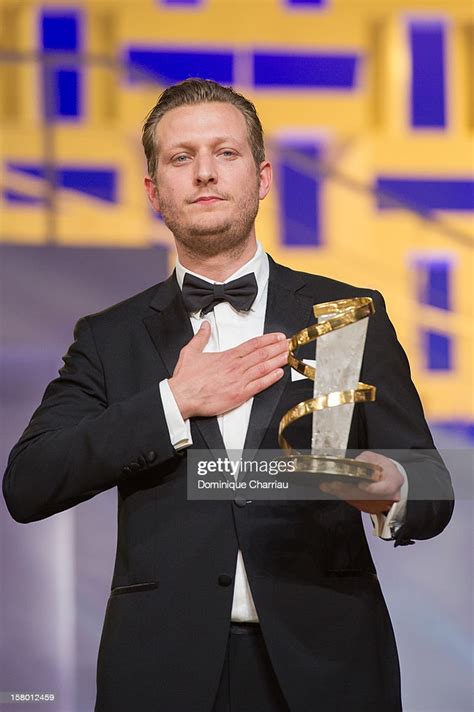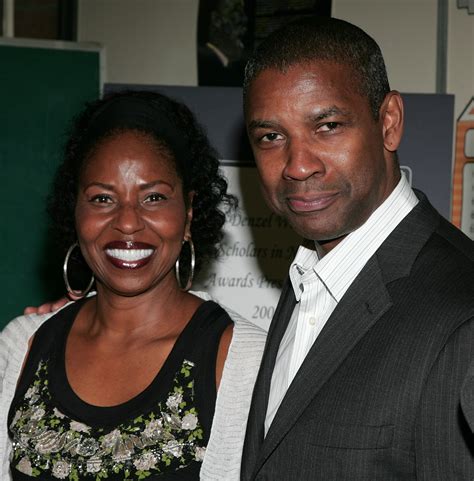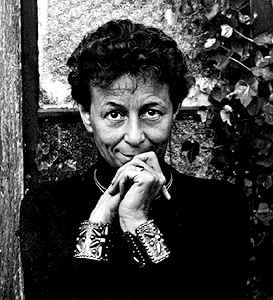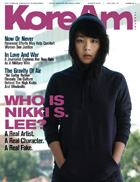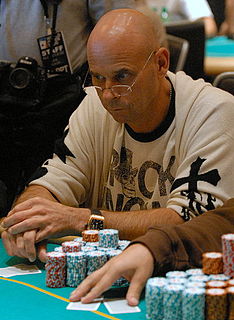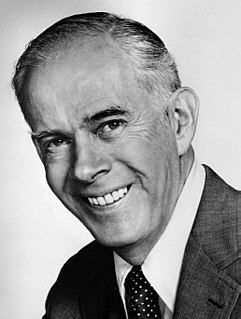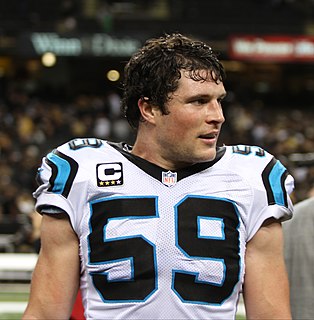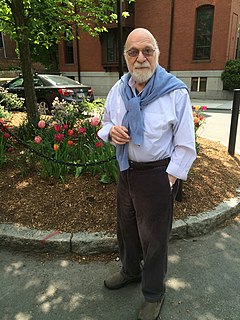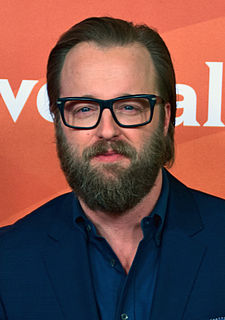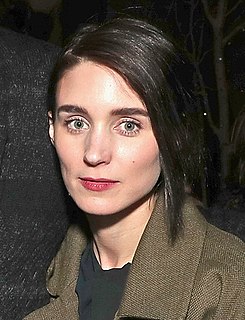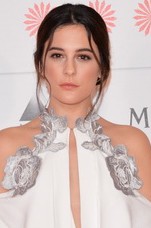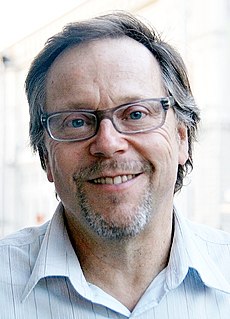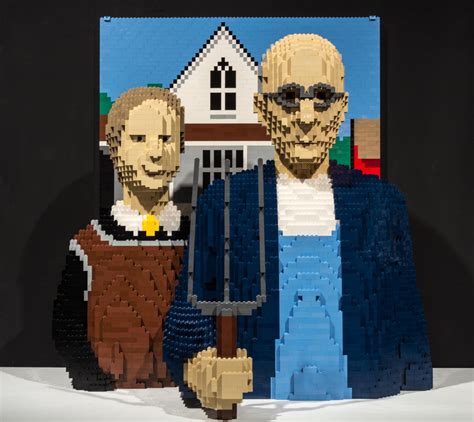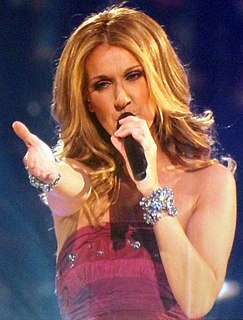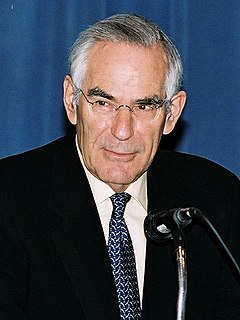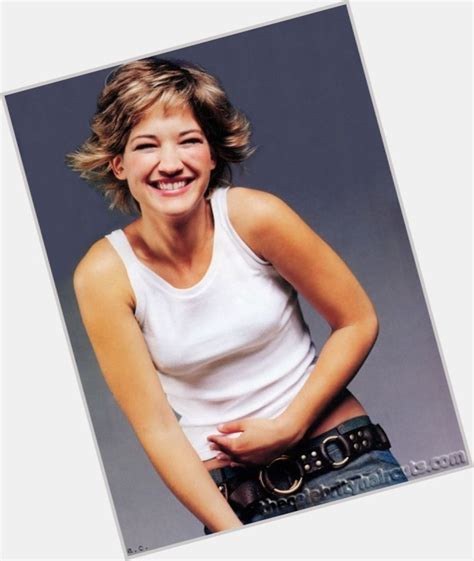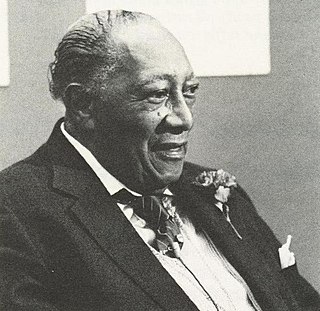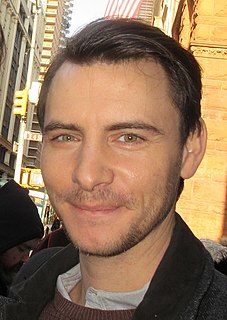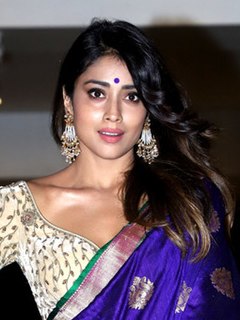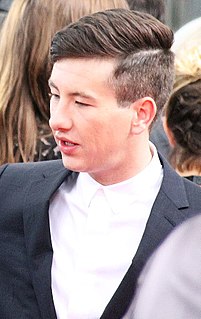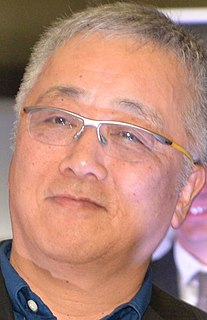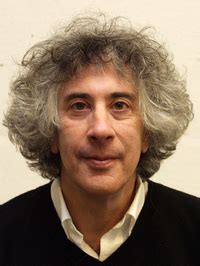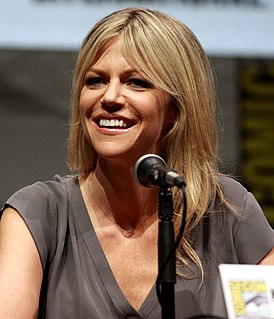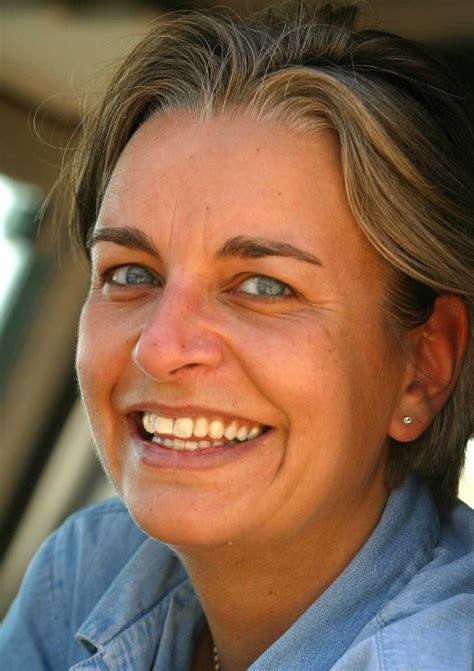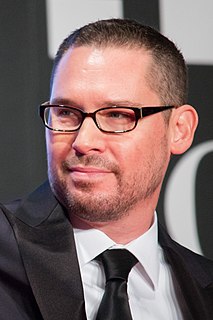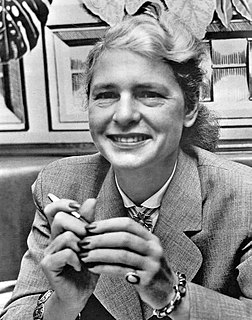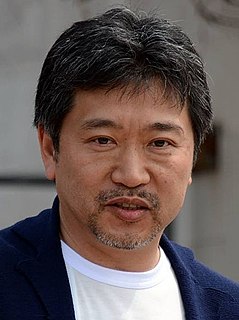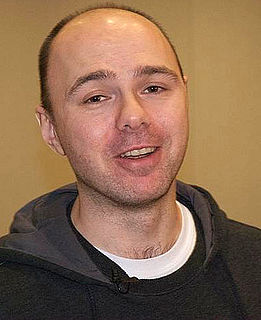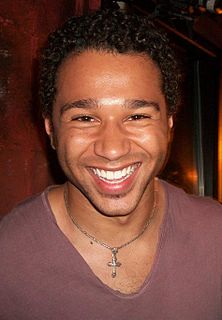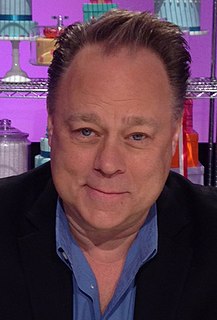Top 1200 Camera Angles Quotes & Sayings - Page 2
Explore popular Camera Angles quotes.
Last updated on November 14, 2024.
Zooming in, zooming out. I was shocked. I said, "Let's erase this right now, put the camera behind the stage and I'll do the performance just for the camera." He set up everything and I told him to go outside and smoke a cigarette. Come back when I finish. Don't touch the camera. This was the way how I've done most everything after that.
A huge part of what we do as actors is learning to ignore the camera, as if it's not even there, while simultaneously being very aware of the camera and what it's capturing, because you can give the best performance of your life, but if you do it with the back of your head facing the camera, it's going to get cut from the movie.
I don't want to carry big things around with me. I'm lazy. The snapshot camera, you just carry it around and take the picture. You don't need to think about anything. People in the street are not going to wait for you with a big camera. They would freak out. With a snapshot camera, they are comfortable.
Film, television, and working with a camera is such an intimate art form that if a camera is right on you, and I've got your face filling the screen, you have to be real. If you do anything that is fake, you're not going to get away with it, because the camera is right there, and the story is being told in a very real way.
I'm very heavily involved in the editorial post-production process, and the camera - it's just such a big part of my storytelling language. I like creating the tension; I like creating the emotion through the movement of my camera, or the lack of movement through my camera, depending on what fits the scene best.
Under examination by the camera, a human body becomes for its inhabitant a field of betrayal more than a ground of communication, and the camera's further power is manifested as it documents the individual's self-conscious efforts to control the body each time it is conscious of the camera's attention to it.
The camera course was a bit crap. But when I was in drama school, I wasn't interested. I wanted to be a stage actress. I was not interested in learning camera craft. But then you throw yourself in the deep end when you do get a job in front of the camera because you have absolutely no idea what you're doing, and it is a skill.
I like using LEGO bricks as a medium because I enjoy seeing people’s reaction to artwork created from something with which they are familiar. …My goal is to elevate this simple plaything to a place it has never been before. I also appreciate the cleanliness of the LEGO® brick. The right angles. The distinct lines. But, from a distance, those right angles and distinct lines offer new perspectives, changing to curves.
The selfie has become a new autograph, but it takes twice as long to do as a real autograph. I do it because I'm like, "What am I going to do, these people bought me my house." Why am I not going to take a picture with them except I always say, "You have to hold it up! Shoot down or it's really ugly if you shoot up!" So not only does it take longer, you have to teach them camera angles.
Making photos is helpful of course to master the craft. To get comfortable with the camera. Learn what a camera can do and how to use the camera successfully. Doing exercises for example if you try to find out things that the camera can do that the eye cannot do. So that you have a tool that will do what you need to be done. But then once you have mastered the craft the most important thing is to determine why you want to shoot pictures and what you want to shoot pictures of. That's where the thematic issue comes to life.
Although all studios are now moving towards digitalization, a foundation in which we draw pictures by hand hasn't changed, so I foresee that we will continue to keep it in the future. After all, we used the digital method based on a conception of expanding and advancing the expression of the traditional animation cel in Steamboy. The first goal of this project was to overcome limitations of camera angles caused by platforms. On that aspect, I won't go back to the traditional method. I hoped to combine the merits of the traditional method of cel animation with the merits of the new CGI method.
As he paid the hansom and followed his wife's long train into the house he took refuge in the comforting platitude that the first six months were always the most difficult in marriage. 'After that I suppose we shall have pretty nearly finished rubbing off each other’s angles,' he reflected; but the worst of it was that May's pressure was already bearing on the very angles whose sharpness he most wanted to keep
When you are interviewing someone, never let your camera person turn off the camera. The second you turn off the camera, they'll say the magic thing that you'd been looking for the whole interview. People want to relax after the performance is done. Don't be afraid of awkward silence. That is your friend.
Look, I really do not care about you. What I care about is the worlds that you bear witness to. You are nothing more than a dog with a video camera strapped on its back. As you walk the streets looking for a place to mate or piss or eat, the camera is on and we will see the world because of you... You carry the camera and we enjoy the world. (On images as autobiography)
The biggest considerations I had were practical: how do you move such a large number of actors around a small space? So, for example, if I have to have the mother bring a pot of tea from the kitchen to the living room and serve it to the others, how do I, on a practical level, get everyone into the frame? Any decisions I made about the camera angles or movement came out of necessity, versus any sort of stylistic choice.


